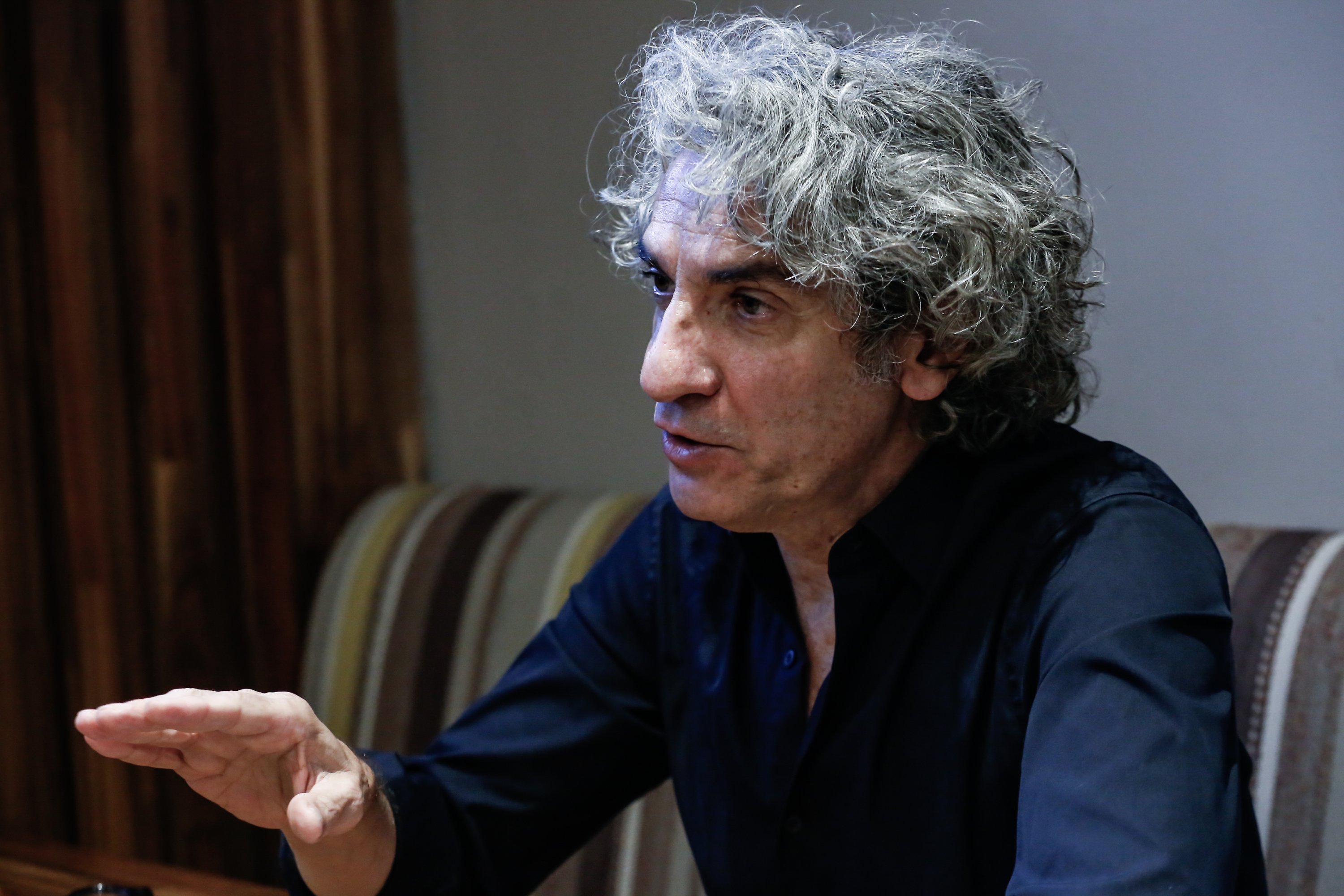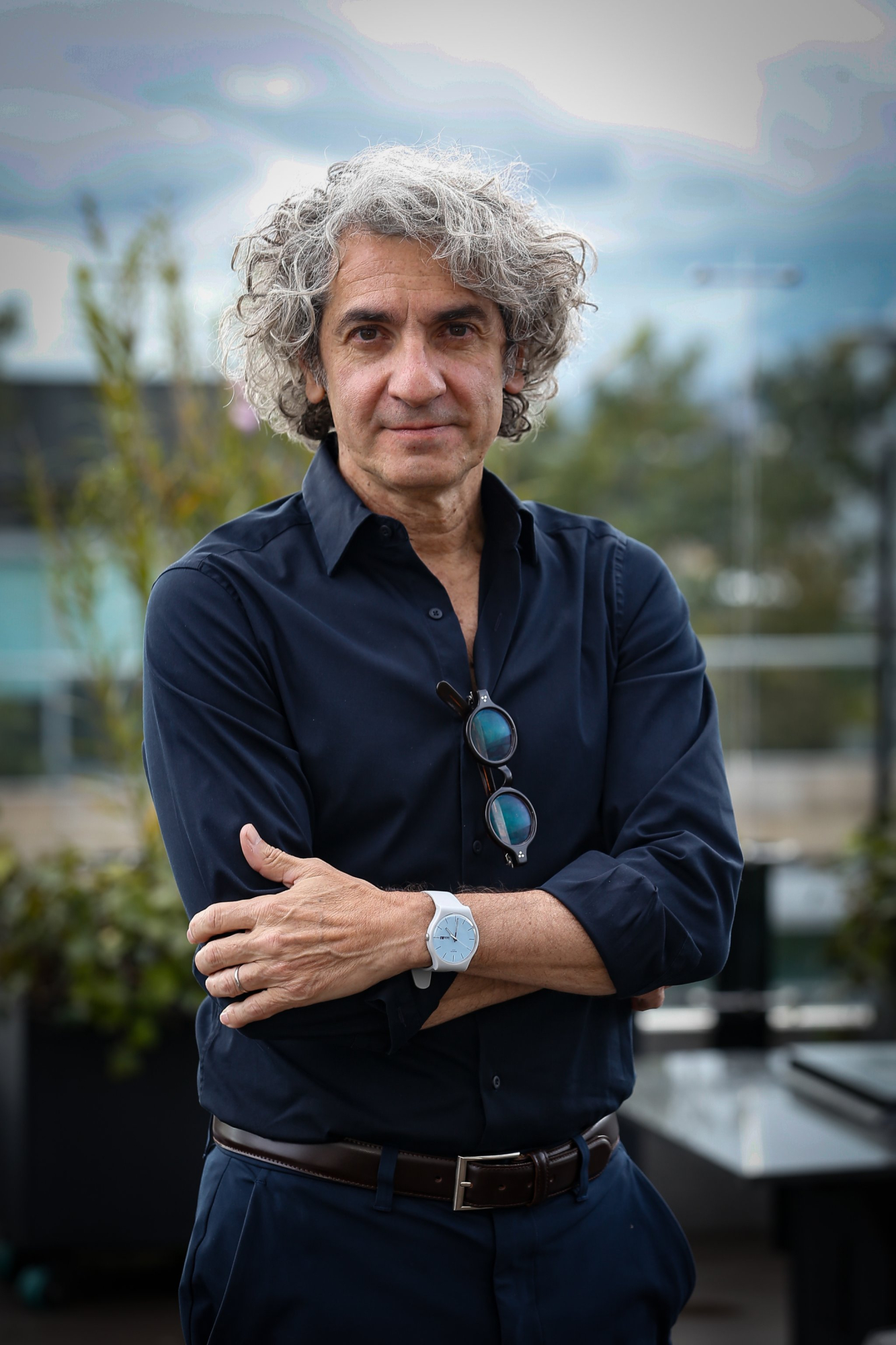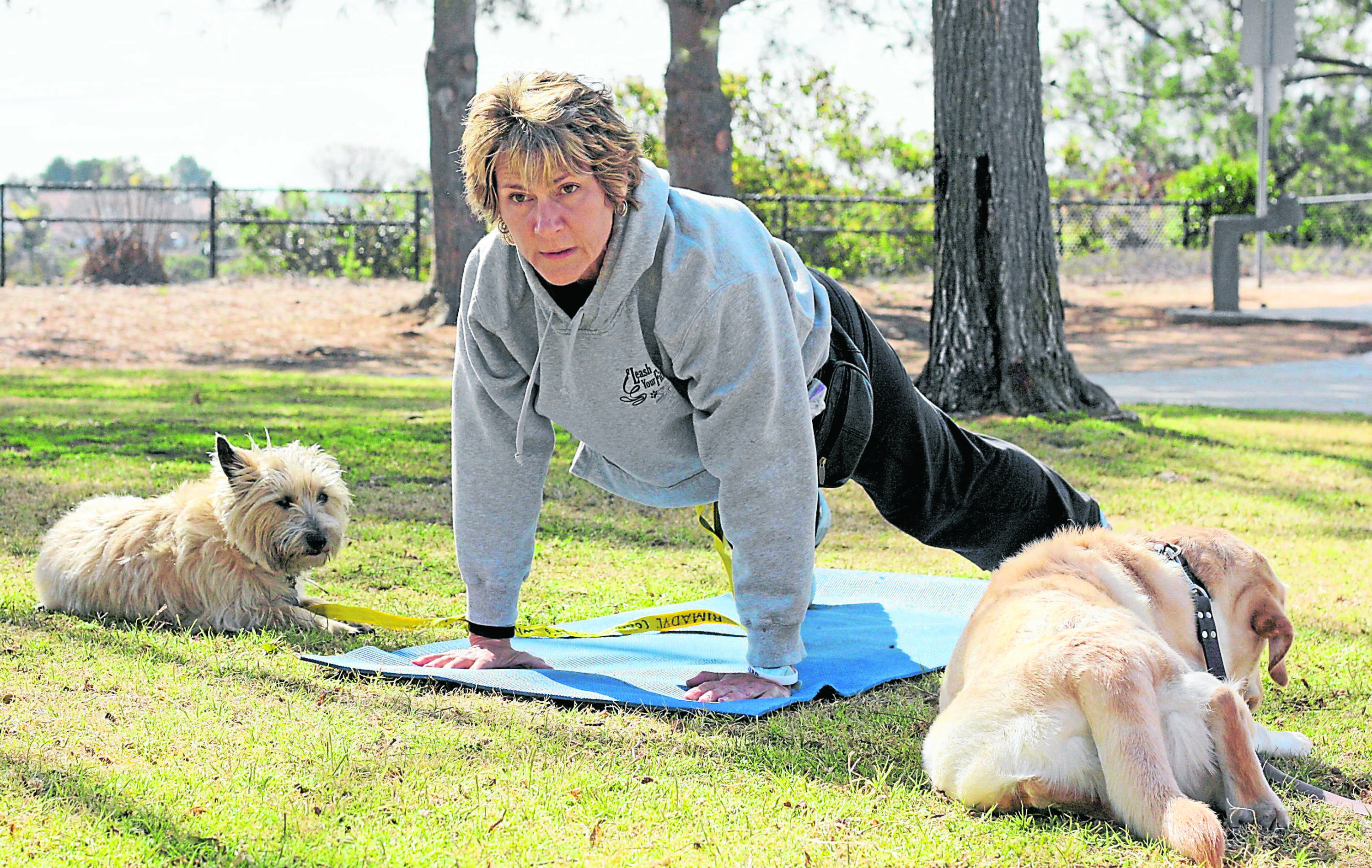The New Longevity: How to Prepare for a Better Life in Your Second Half

Diego Bernardini still remembers the conversations with his great-grandmothers. With three of them, he shared those long, enjoyable after-dinner conversations where people of different generations would gather. And the younger ones learned from the older ones. Bernardini—an academic and researcher born in Buenos Aires, a doctor of medicine with a master's degree in gerontology, and the author of the books De vuelta: diálogos con personas que vivieron mucho (Back: Dialogues with People Who Lived a Long Time) and La segunda mitad (The Second Half)—is a world reference on a concept that is becoming increasingly important: new longevity. How to navigate life after 50 "without being anchored to biological age and challenging old stereotypes."
This is a key issue considering that the world's population is currently experiencing a demographic shift characterized by constant aging, not only as a result of increased life expectancy but also of declining birth rates. Colombia is no stranger to this phenomenon: it is estimated that by 2050, one in five people will be over 65. This transformation requires early preparation. Bernardini visited Bogotá a few days ago to participate in the forum "More gray hair, fewer cradles: challenges of the new longevity."
You argue that we shouldn't think so much about how long we live, but rather how we live. Focus on a life of well-being and health. But there are many people—scientists, for example—interested in finding the formula for living longer and longer... It's true. It's estimated that annual scientific research grows at approximately 2.5 percent. But the research related to aging is above average. This shows that there's great interest in something that has been sought since humankind began: the source of eternity. It's thought that we can intervene in aging, like when you have a car that's getting older and you change a tire, a part of the engine. There's a lot of this, especially in the private sector. Google has a division dedicated to the topic, Calico. Jeff Bezos's division is Altos, where seven Nobel laureates work. And they even use language with a warlike component: 'fighting aging.'
As if it were a battle to be won... Yes, when what defines us as human beings is that we have finite life. It's what makes life interesting. Thinking about that, moreover, distracts us from the essential: that it's not about how much , but how we live. How we can ensure that the time we have left to live is one of well-being, satisfaction, and connection. Today, we have studies that show that genetic makeup at this stage, for most human beings, weighs only 30 percent. The rest of longevity is fundamentally explained by lifestyle habits. Look: we are in an era of greater communication, but less personal connection. That is one of the challenges of the new longevity. There are questions we must begin to ask ourselves now, because it's a fact that we are having fewer children and living longer.

Bernardini visited Bogotá and spoke at the forum "More gray hair, fewer cribs: challenges of the new longevity." Photo: Néstor Gómez. EL TIEMPO
Understanding that this is a transformation that has to do, first, with ourselves and, second, with society and the community. Colombia is one of the countries in the region, along with Chile, that will undergo this demographic transition the fastest. That doesn't mean Colombia is aging. The population is aging. The country ages when it doesn't adapt to this transformation. Today, older people, in general, don't identify with age. When you ask them, they tell you: I look older when I look in the mirror, but I feel just as eager as before. And with something that enriches them: experience. An experience that stems from the self-knowledge we gain over time and that later becomes wisdom. Of course, this process is not the same for everyone. The rule of growing older is diversity. Each person has their own life course that will determine how they reach that stage. Within this, what I detect is that we often romanticize old age, and becoming an older person is not easy. Especially for women, who in our culture carry the weight of physical appearance. Susan Sontag said that as men mature, women age.
21st-century society continues to think like it did a hundred years ago. We retire at the same age without considering that the average working life has increased. This is human capital that must not be wasted.
Health is the qualitative indicator for having a good or bad old age. Growing old while ill is the worst thing that can happen to you. And there are no magic formulas, no treatments, no pills. Here, the science is clear: you have to move more, you have to maintain a healthy weight, you have to eat naturally. And something important: you have to be surrounded by loved ones, by emotional ties. When you look at the film of a person's life, you see that in school, in high school, in college, they have many ties; when they go to work, those relationships diminish a bit. And so they continue to decline until the person retires, at which point they plummet. Today we know the importance of keeping that ecosystem alive. It's a task.
How to keep it alive? At this stage, which we call 'the second half,' we're very selective. But we also realize that there's one person with whom we can share a coffee, and that's enough. With another, you can go on a weekend trip; with another, perhaps you can share a lifetime. Emotional bonds come in different intensities. And it doesn't have to be a million friends, like the Roberto Carlos song. You need three, four, five, but they should be friends to whom you can share the most important things. That's what you have to strive for.

Bernardini is a world leader on the topic of new longevity. Photo: Néstor Gómez. EL TIEMPO
There it is. What we're lacking is preparation. When we're six years old, our mother prepares us for school. Then our environment trains us for work. This happens at different periods of life. However, for the stage we're talking about, when you stop feeling young—and this happens after 40—we're not prepared. We need a pedagogy of longevity. Explain to young people that they're going to have long lives and that it's important for them to talk to their elders, to learn from them. We can't lose sight of the wisdom of older people. That's why I often talk about intergenerationality , which means several generations working together. It's something humanity can do for the first time in its history, because people used to live very short lives. But 21st-century society still thinks like it did a hundred years ago. They're retiring us at the same age without considering that the average working life has increased. It's a human capital we shouldn't waste. Today we need to start talking about validity, not productivity. Validity means the ability to contribute, and we can continue to do so until the last day of our lives.
That would be a huge transformation, because today, older people are often sought out to be kept in their homes... Society, faced with this lack of preparation and knowledge, retires you and gives you the title of grandpa or grandma. It infantilizes you, discriminates against you. That's the reality. What we need to understand is that this validity goes hand in hand with erasing the concept of age as an indicator of our lives. Because people don't identify ourselves by our age, but by our ideas, dreams, and projects. We lack understanding of this because we don't talk, we don't listen to each other.
He says this conversation must begin with oneself, with self-knowledge... Of course. By understanding who we are, what we like, what makes us feel good. By thinking about how we would like the time we have left to be. To do that, we need to look at each other, talk, exchange ideas, and then reflect . We're not doing that. An example of this is what happens in companies, and this happens whether you're a director or an entry-level employee: they give you a preparation course three months before you retire. People tell you: I should have heard all this before. This is a topic for which you have to start preparing at least ten years in advance.
What are the essential points in this preparation process? There are three pillars: healthy well-being, emotional well-being, and financial well-being. What we see is that the first two years of retirement are joyful; everything is great. But then comes a downturn, and that's when you need the tools to manage it. Because the working world, especially for men, is a very important computer. It tells you what time you leave, what time you come back. During retirement, you have to organize your own time . In Colombia, a 60-year-old has an average of 24 years of life expectancy left. The challenge, indeed, is how to fill that time with life . The second half is the longest stage we'll go through. It's up to each of us to make it the most interesting.

Among healthy habits, exercise ranks first, according to expert Bernardini. Photo: EFE
The second half is a distinctly female phenomenon. In quantitative terms, women live longer. There are genetic factors that help women, and cultural factors that work against men. The famous "men don't cry," for example. Women manage this stage very differently. They are accompanied, they go with friends to the book club, to yoga classes, to the theater. Men lock themselves at home, sit on the couch watching television, and die soon after. It's been studied: mortality curves in the first two years after retirement are on the rise: suicide, depression, cancer, heart attack, stroke. It's a stress that men don't handle well.
I was talking about getting moving earlier. Exercise is increasingly becoming a way to avoid many of these problems... Recent research showed that 40 percent of cognitive declines can be prevented through healthy lifestyle habits. Of these habits, the most important is exercise. When people ask me for a single intervention, I answer: move more. Moving means going for a walk, going to the gym, getting off the bus early, going grocery shopping without a car, or walking the dog. Human physiology is designed for hunter-gatherer activity. But today we are more still than ever.
You say the second half of the year is a good time to try things for the first time. What's the importance of learning something new? It's something that offers you stimulation, it gives you a boost. Research shows how studying a new language slows cognitive decline, for example. Also, when you decide to learn to dance or attend a book club, you have to get dressed and get out of the house. You're going to socialize. After class, you probably decide to go have coffee with a group of friends. So, there are several things to consider: physical activity, cognitive stimulation, emotional connection. And a fourth: life purpose.
The famous ikigai ... Is it key to develop the spiritual part? Absolutely. Religion and spirituality, it's been studied, correlate with well-being and longevity. Spirituality can be volunteering at a hospital or reading stories to children in kindergarten. It doesn't necessarily have to do with religious doctrine. It's passing on a legacy. Life is a journey, and you never know when the last station is. The secret lies in ikigai , in motivation, in enjoying the everyday. Making each day something worthwhile. That's not something Mercado Libre or Amazon gives you. It's knowing what you want. For some, it's spending time with a friend; for another, it's reading; for someone, it's traveling. Everyone, if they've had that conversation, knows what they like. That's the point. In valuing the little things.
eltiempo





